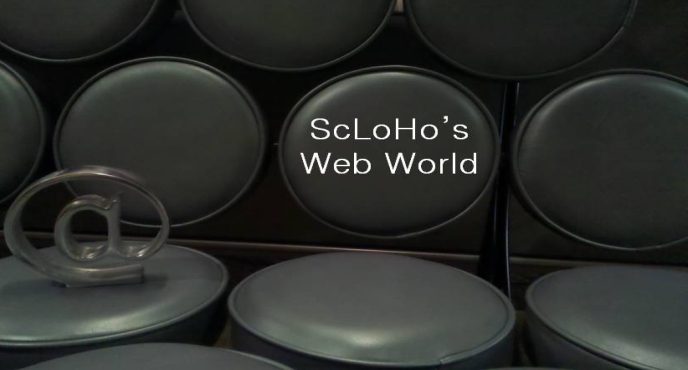
3 Surefire Ways to Make Sure Your Advertising Doesn’t Work
Last week, subscribers to my Sound ADvice newsletter received this in their inbox:
Here are a few tried-and-true ways to waste your advertising dollars.
1. “Let’s try it for a few weeks and see if it works.”
That strategy might work for a limited-time sale or a hiring blitz – if you’re running 8 to 12 ads daily. But if you’re hoping to build a brand people remember when they need you, customer loyalty, or long-term growth? That takes time and consistency.
Brand-building is a slow burn. It usually takes a few months before you start seeing traction. You can’t plant a seed today and then yell at it tomorrow because it’s not a tree yet.
2. “Just give us a straightforward ad with the facts.”
That might seem like a safe route, but unless you have zero competition, it won’t work. A “just the facts” ad tells people what you do… but not why they should choose you instead of someone else. There’s no “why I should give a hoot” in a fact-based ad that sounds like you’re reading a Wikipedia page.
3. Obsessing over targeting instead of messaging.
Demographics are helpful sometimes, to a point. A very small one. And it definitely isn’t what makes advertising work. You’d be surprised at who becomes your customer when you stop narrowing your audience and start telling anyone who will listen.
At the end of the day, the message is King. “What you say” should be obsessed over, not whether you’re targeting 34-year-old mothers who may or may not own a luxury SUV. A well-crafted ad that resonates emotionally to a broad audience will outperform a hyper-targeted, forgettable one… every time!
If you’d like to see 3 ways to make your advertising WORK, click here.
Today, I’m going to expand on those three points:
You want to try it for a few weeks and see if it works? Nearly every successful business advertising campaign I do is set up as an annual, 12 month campaign. However there are a couple of exceptions to an annual…
If you want to get the word out about an event that has a specific date and then it’s over, it only makes sense for the campaign to end when the event ends. I’m working with a non-profit organization that is using our radio station to invite people to their charity fund-raising event in August. All the ads will air during the weeks and days leading up to the event and then they will stop.
On the other hand, if you are a business or organization that operates year round, then you need to invite people year round. By doing this, you are building your business brand and reputation in a way that creates momentum as more and more potential customers become familiar with you so when THEY need what you offer, your company is on their short list for consideration to purchase.
Straightforward ad with just the facts or more creative? It’s not really the right question. I’ve done plenty of creative campaigns and also plenty of straight voice campaigns and it all depends on the situation. Having worked around creative designers and copywriters I know that some of them are more in love with the process than the results that their creative is supposed to produce. I appreciate the passion, but it’s not always appropriate to obsess about fonts and colors. Your website needs to be fully functional and your ads need to connect with the humans that will receive them. In my world of news talk radio, the voice and message can be very powerful.
Reaching the RIGHT audience or Having the RIGHT message? Actually both are important but the obsession with ONLY serving ads to a very specific audience is needlessly limiting. I’ve worked in both online media and traditional and the danger of overtargeting is real. A deep dive into the analytics for some of the digital campaigns I used to run for clients showed the flaws and in hindsight, it wasn’t the best choice when compared to some more general targeting. Radio stations like mine attract listeners with different characteristics so you really can target using traditional media when you get the kind of insight and advice someone like me can share with you.
And yes, the message needs to be appropriate for the results you are looking for too.
Want help on any of this? Contact me.




